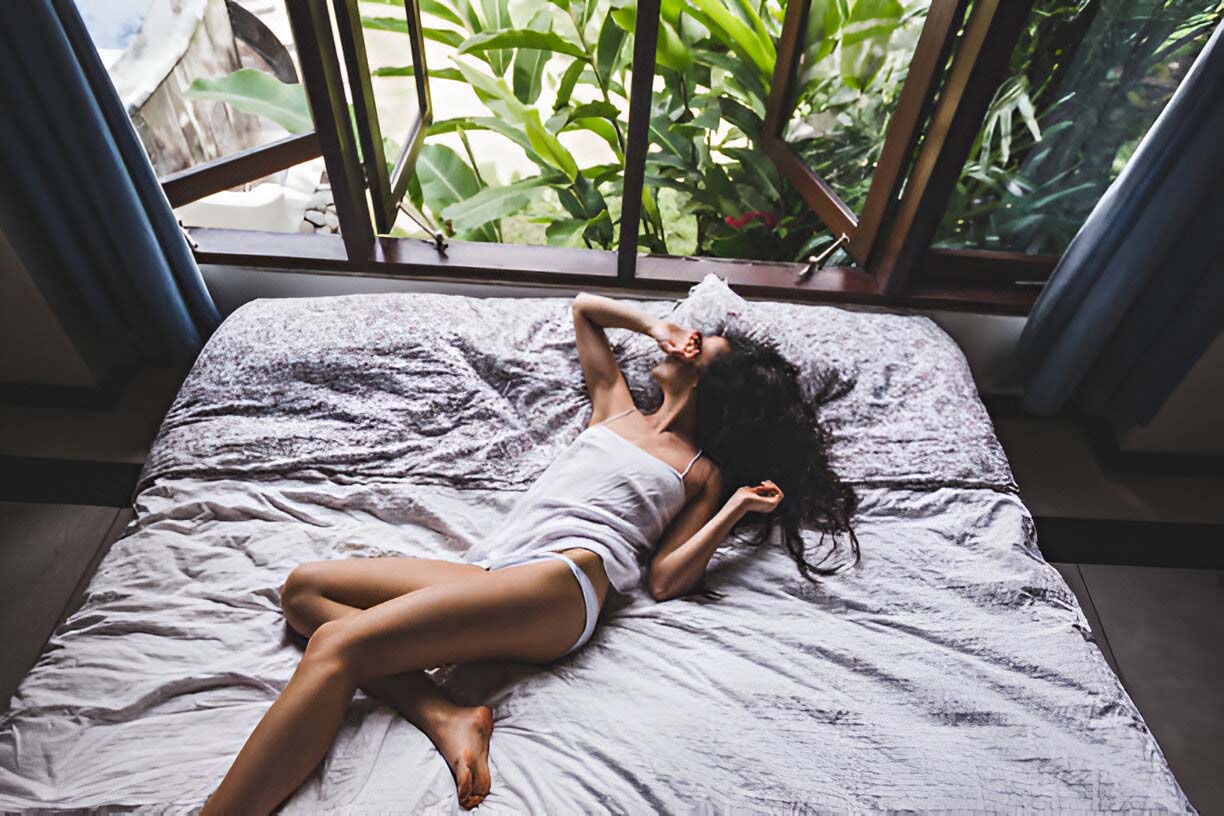Wellness Trends for 2025: A series of posts designed to uncover the most progressive concepts in wellness for the year ahead. Number One: Sleep Tourism.
In a world that’s never quite switched off, sleep has become both a luxury and a necessity many are struggling to fulfill. Enter “sleep tourism,” a movement where travelers are prioritizing rest as the ultimate goal of their trips. No longer limited to simple relaxation, these escapes focus entirely on optimizing sleep quality through science-backed methodologies and serene environments designed for rest.
As we move into 2025, the demand for sleep-focused travel is accelerating, signaling a cultural shift toward prioritizing quality sleep and its vital role in our health.

Why Are We So Sleep-Deprived?
The global sleep crisis is a well-documented phenomenon, with studies linking chronic sleep deprivation to health risks such as obesity, cardiovascular disease, and mental health issues. The CDC reports that one in three Americans don’t get enough sleep, and the numbers aren’t much better in other countries. The causes are numerous, from constant screen time and urban noise pollution to high-stress lifestyles. For many, the idea of a vacation designed to address these issues head-on is not only enticing but a necessary intervention in an overstimulated world.
What is Sleep Tourism?
Sleep tourism is an evolving concept in the travel industry, focusing on vacations tailored to improve sleep quality. Unlike traditional vacations that emphasize exploration, activities, and sightseeing, sleep-centric getaways prioritize rest through thoughtfully curated experiences and scientifically informed environments. Sleep tourism takes many forms, from high-tech sleep pods to remote forest retreats, each aiming to help guests rejuvenate, recalibrate, and reset their circadian rhythms. This trend is resonating with people who recognize the importance of sleep as a foundation for well-being and are willing to invest in spaces dedicated to it.
The Science of Sleep: Why It Matters for Travelers
Sleep is more than just a way to recharge after a long day—it’s essential for memory consolidation, emotional processing, and immune function. In recent years, studies have shown the significant impact that high-quality sleep can have on overall wellness, including increased cognitive function, better emotional resilience, and even longevity.
For many travelers, however, sleep is often disrupted by time zone changes, unfamiliar surroundings, and a departure from routine. Sleep tourism offers an antidote to this, providing controlled environments where travelers can recalibrate and finally prioritize sleep without the typical interruptions.
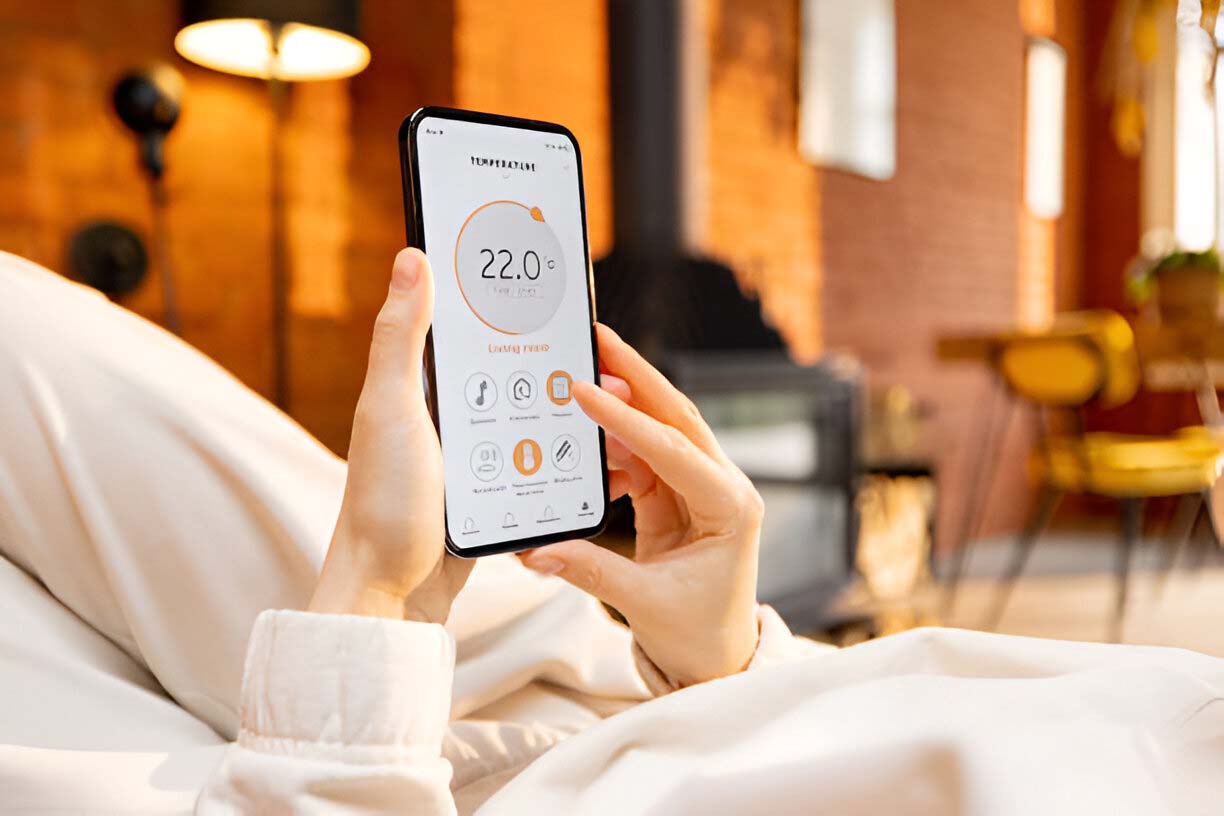
How Hotels and Resorts Are Embracing Sleep Tourism
To cater to sleep-focused travelers, hotels and resorts worldwide are rethinking traditional accommodations to become sanctuaries of sleep. Here’s how some brands are taking the sleep experience to new levels:
Sleep Technology and Smart Rooms
Properties like the Park Hyatt New York have introduced rooms with cutting-edge sleep technology, such as AI-controlled lights that adjust to natural circadian rhythms and air purifiers that minimize allergens. Adjustable mattresses, black-out blinds, and soundproofing further optimize the environment, allowing guests to customize their sleep settings for maximum comfort.
Soundscapes and Sleep Music
Sound plays a significant role in sleep quality, and hotels like The Benjamin in New York City offer curated soundscapes designed to promote relaxation. Some resorts partner with sleep scientists and musicians to create personalized sleep soundtracks that mimic natural environments, from ocean waves to forest rain, blocking out disruptive city noises and creating a peaceful atmosphere.
Therapeutic Sleep Packages
Luxury resorts such as Six Senses offer tailored sleep programs that may include everything from yoga and meditation sessions to consultations with sleep experts. These packages often include activities that promote relaxation, such as aromatherapy, guided stretching, and dietary consultations that encourage sleep-friendly nutrition.
In-Room Amenities Focused on Sleep
From herbal teas to specially designed pillows and lavender-infused linens, sleep-focused amenities have become a staple in sleep tourism. The Rosewood Hotel Group, for instance, has introduced “sleep concierge” services where experts help guests choose from a menu of pillows, essential oils, and breathing exercises.
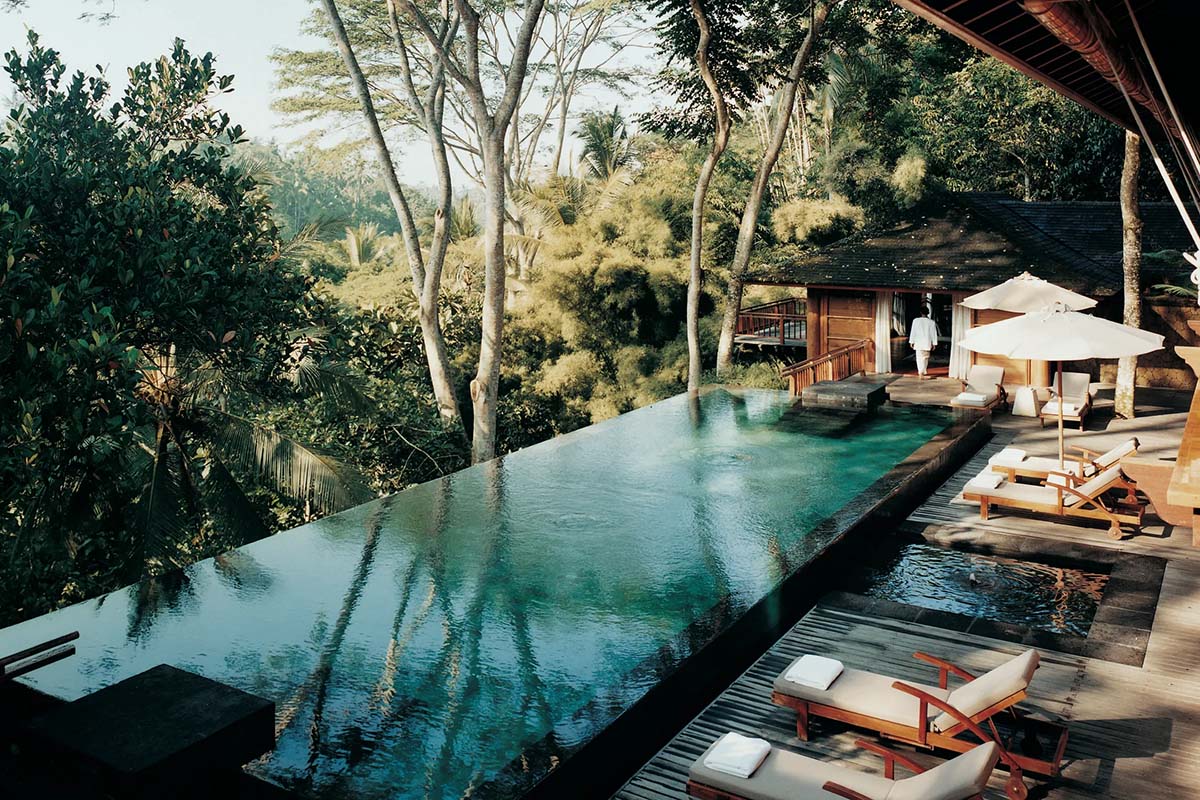
Sleep Destinations: Where to Go for the Ultimate Sleep Experience
Sleep tourism can take you to serene, idyllic destinations designed to evoke a sense of tranquility and rest. Here are some notable places that cater to this trend:
Como Shambhala Estate, Bali, Indonesia
This wellness retreat incorporates sleep-focused practices in a lush, secluded environment. Sleep programs here include guided meditation, spa treatments, and nutritional consultations to help guests relax, unwind, and optimize their sleep.
The Peninsula Hotels, Global
With properties around the world, The Peninsula has created customized sleep programs in collaboration with sleep researchers. These include curated playlists, herbal treatments, and sleep-optimized bedding, helping guests transition into a more peaceful sleep environment no matter where they are.
Vana Wellness Retreat, India
Situated in the Himalayan foothills, Vana offers sleep-focused retreats that combine Ayurveda, Tibetan healing, and personalized sleep assessments. Surrounded by pristine nature, guests engage in activities like mindful walking and sound therapy to restore natural sleep rhythms.
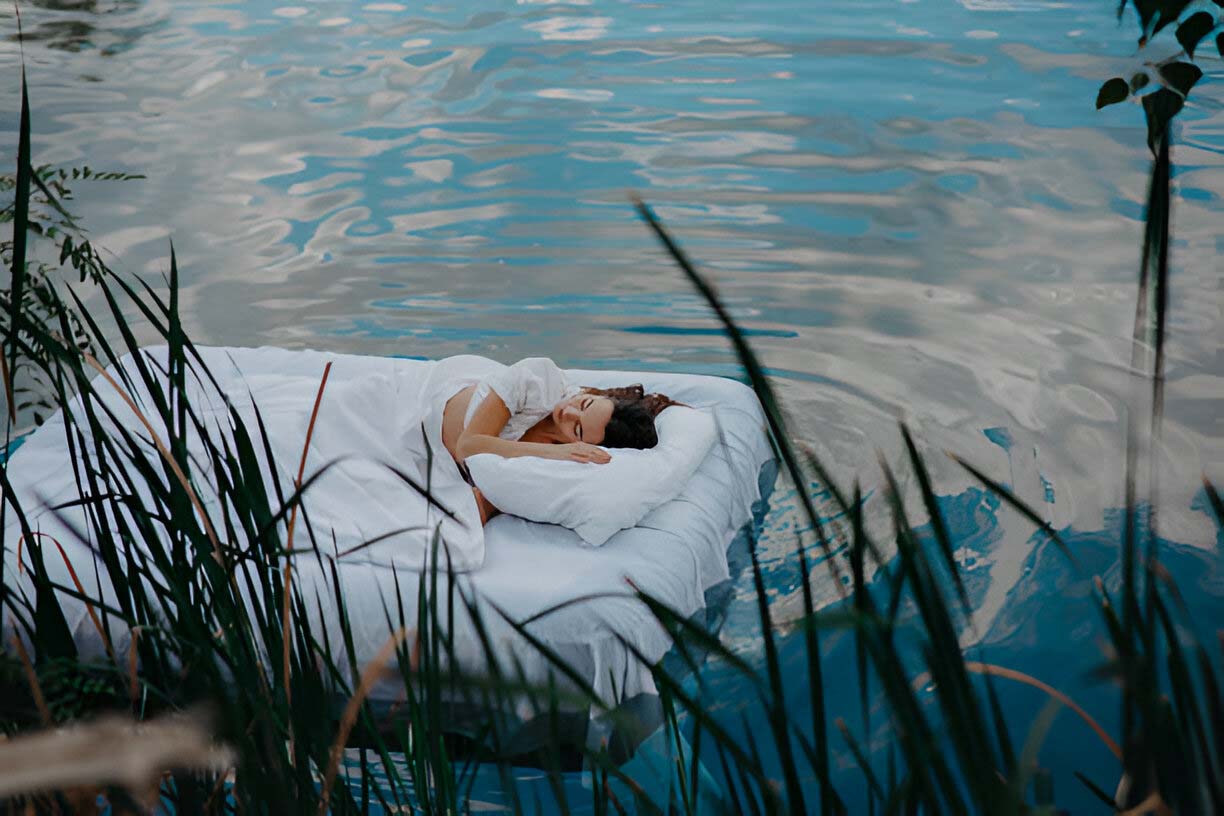
The Role of Nature in Sleep Tourism
Many sleep-centric retreats are located in natural settings, which have proven benefits for sleep. Spending time in nature has been shown to reset the body’s internal clock, reduce stress levels, and improve sleep quality. Forest bathing, the Japanese practice of immersing oneself in a forest environment, has grown in popularity in the wellness world, as it is shown to lower cortisol levels and promote relaxation. Sleep tourism destinations often embrace these natural elements, allowing guests to reconnect with the Earth’s rhythms and facilitate deep, restorative rest.
Health Implications: Why Sleep-Focused Travel is Beneficial
The appeal of sleep tourism extends beyond simple relaxation. There are multiple health benefits associated with improved sleep quality, from enhanced immunity to better mental health. According to studies, chronic sleep deprivation is linked to increased risks of cardiovascular diseases, depression, and even early mortality. Sleep tourism offers a proactive approach, allowing individuals to take control of their sleep in a supportive environment designed to mitigate sleep disturbances.
By improving their sleep, travelers may experience lasting health benefits. For those suffering from insomnia or sleep disorders, sleep tourism provides a retreat where guests can reset their sleep cycle in ways that aren’t easily achieved at home.
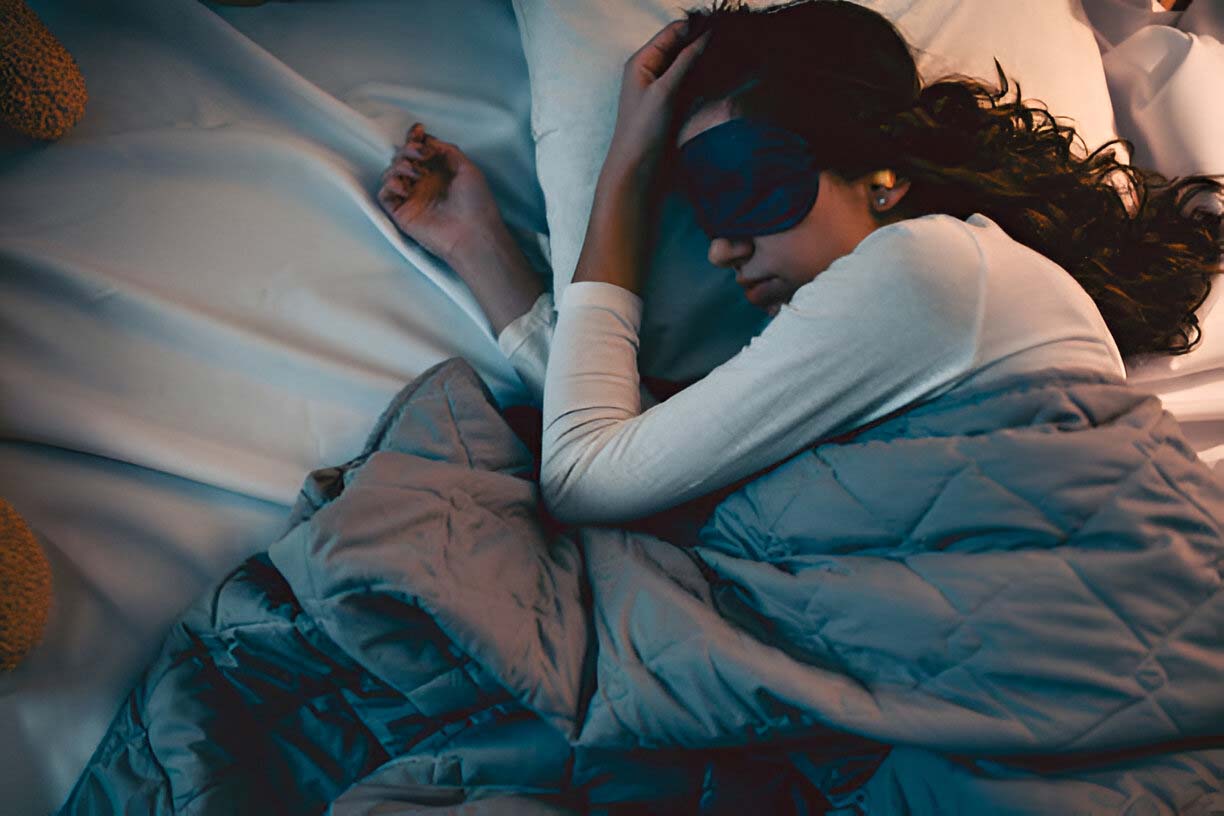
The Future of Sleep Tourism: Trends and Predictions
With the global wellness market growing exponentially, sleep tourism is set to expand as part of the broader wellness travel trend. Here are some future trends likely to shape the sleep tourism industry:
Biohacking Sleep
As biohacking gains traction, more resorts are likely to incorporate sleep-centric biohacking technology, from blue-light blocking devices to wearables that track sleep stages in real-time, allowing guests to optimize their rest.
Sleep-Focused Wellness Retreats
Many wellness retreats are incorporating sleep optimization into broader wellness programs, offering packages that combine mindfulness practices, dietary consultations, and advanced sleep technology for a holistic approach to rest.
Collaborations with Sleep Scientists
The trend of sleep tourism may soon see more hotels partnering with sleep experts and neuroscientists to create evidence-based sleep programs, particularly in urban areas where sleep deprivation is most prevalent.
Increased Personalization
With AI and advanced analytics, sleep programs will continue to become more personalized. Hotels may incorporate data from personal sleep trackers or use AI to customize room lighting, temperature, and even wake-up routines according to guest preferences.
Embracing Rest as a Form of Self-Care
As people increasingly recognize the vital role sleep plays in their overall health, sleep tourism offers a new way to approach travel. More than just a niche trend, it represents a shift toward wellness as the foundation for a fulfilled life. For sleep-deprived travelers, these sleep-focused getaways offer a solution to the chaos and overstimulation of daily life, providing a sanctuary where they can disconnect, unwind, and find true rest.
Sleep tourism is, ultimately, about reclaiming sleep as a form of self-care. It’s a reflection of society’s growing awareness of wellness and the lengths we’re willing to go to attain it. As we head into 2025, this trend will likely only continue to grow, inviting more travelers to trade in nightlife and city sights for peaceful nights and restful slumber.
